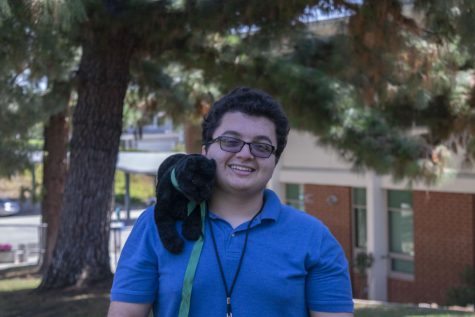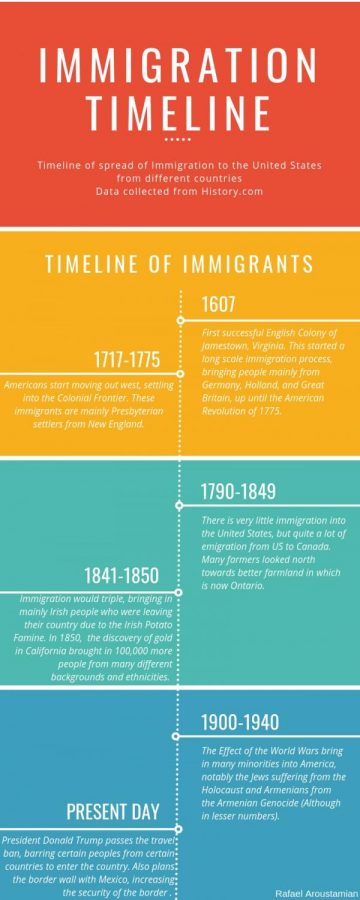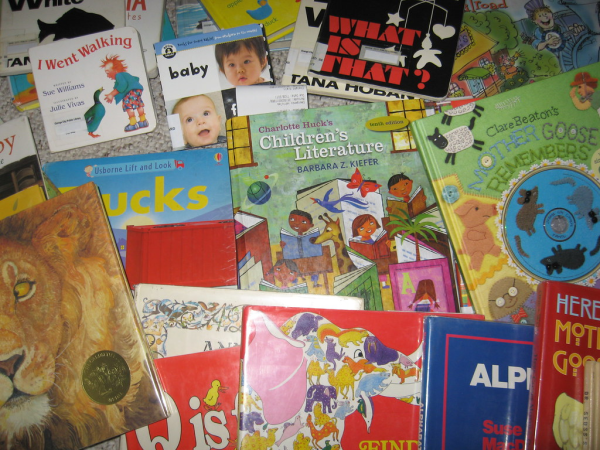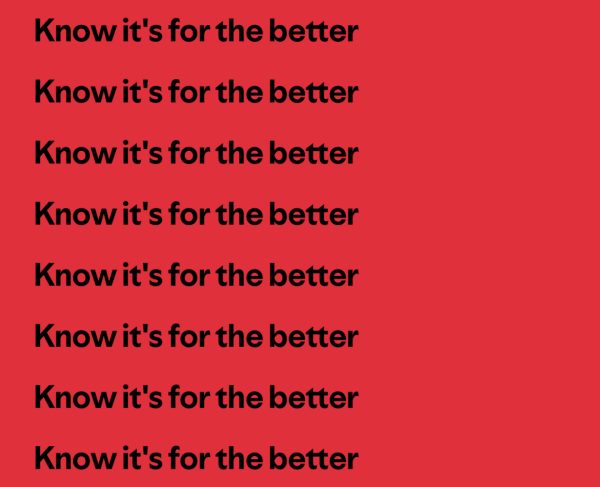Who gets in and who stays out?
Immigration in America presents challenges
A timeline of immigration patterns in the United States.
Hofsaib Sultanian is an immigrant from Syria and a Clark student as well. “Before coming to the United States, I moved around from Syria and Iraq to get away from the war,” Sultanian said. “We had to constantly look behind our back to see if the coast was clear. Coming to the United States was a real struggle for both me and my family. I missed my friends that I left behind.” However, Sultanian’s life has changed for the better, as he is attending school and is happy about his current situation. “I have been living happier, and there is no war here. No bombs. I feel very hopeful about my future,” Sultanian said.
A myth that has been debunked several times is that immigrants make the American economy worse and stagnate it. Actually, immigration is both beneficial to the person who is immigrating and to the economy they join. According to the President Obama White House Archives, immigrants tend to start their own businesses and become engineers, scientists and innovators. Immigrants have started 25 percent of public U.S. companies that were backed by venture capital investors. This list includes Google, eBay, Yahoo!, Sun Microsystems, and Intel.
Armine Vardanyan, a history teacher at Clark Magnet High School and a first generation immigrant as well, said that immigration has been and continues to be the story of how the United States formed and prospers today. “When the first people came to America in 1620, they were mostly from Great Britain,” Vardanyan said. “As time went by, however, different people joined from their home countries that were full of turmoil. Some examples include the Armenian Genocide of 1916 and the Holocaust during World War II.”
Vardanyan also said that the current government is managing the immigration problem inefficiently. “There is this big divide in the current American government,” Vardanyan said. “I feel that they are on the right path, but in order for America to be successful and to prosper, there needs to be unification and an agreement between both parties.”
More than 43.7 million people who reside the United States are immigrants, which is almost 21 percent of the total population now residing in the U.S. As immigrants continue to come into this country, new measures may seem necessary. Immigrants fleeing from conflicts in Africa and the Middle East can be expected to increase since the conflicts that seem to plague the countries in those regions seem to have no end in sight. Foreign conflicts and injustices can always be expected to give rise to immigration, and in a more particular sense, into the United States.
Clark student Emma Tsaturian also comes from an immigrant background. “My family moved from Georgia to the United States,” Tsaturian said. “Armenians in Georgia are discriminated against, and the unemployment rate was very high at the time I was there. The decision to leave hit very close to home, and I didn’t want to leave one of my very best friends that I had at the time.” Tsaturian said that her life has changed, also for the better. “When I first came here, I was expecting people to persecute me like in Georgia,” she said. “I couldn’t have been more wrong. Here in Clark, I have so many friends from so many different ethnicities and backgrounds. This country was built by immigrants, for immigrants.”
During the most recent Central American migrant caravan, Pres. Trump boasted about the troops on the border and the unraveling of barbed wire. While some news outlets stated that the groups of migrants were discriminated and separated from their families, the reality of what was happening at the border was hazy. The people who had eyewitness accounts only knew what happened. There may have been excessive brutality to migrants trying to seek political asylum, or there may have been certain people who decided to cross the border illegally.
Pres. Trump’s travel ban on certain countries with large numbers of Muslims has also hit close to home, as both Sultanian and Tsaturian spoke out against it. “I believe that people should have the right to immigrate wherever they want to,” Sultanian said. “The U.S. is afraid of terrorists, I understand that. But I think that what the government misunderstands is that people that are trying to immigrate from the countries that are banned are trying to get away from terrorism and war in their own country.
Tsaturian said that stopping people that come from certain countries is morally wrong. “If you look at certain countries that don’t have an immigration ban, they suffer just as much terrorism as the U.S., sometimes even more,” Tsaturian said. “I agree with having extra security checks for people coming from countries that are questionable, but don’t limit their rights of being able to get into the country as well as a person from Europe.”

Hobbies/Interests: Writing, Reading, Watching movies and exercising.
Spirit animal: Wolf
Places you want to travel to: Europe, Japan, Canada, the...













